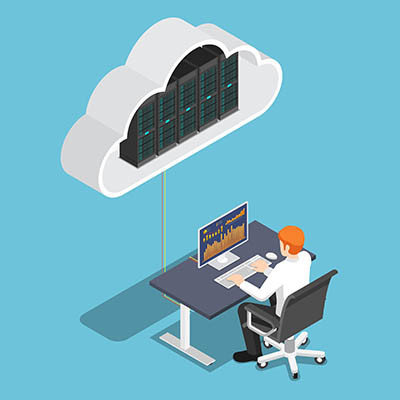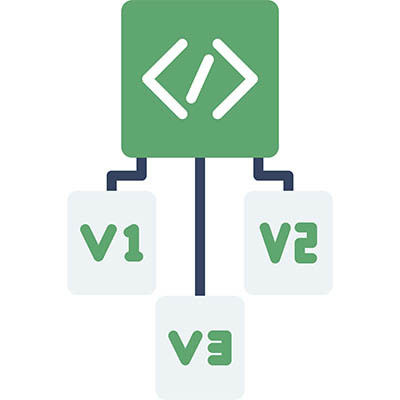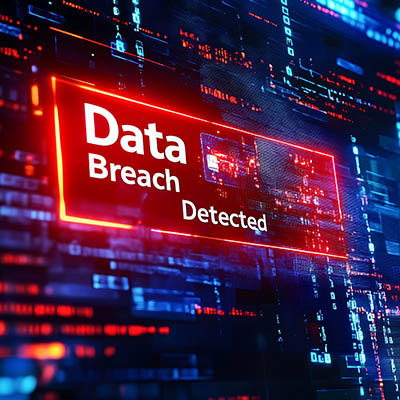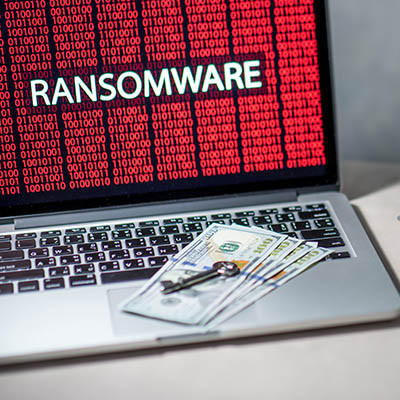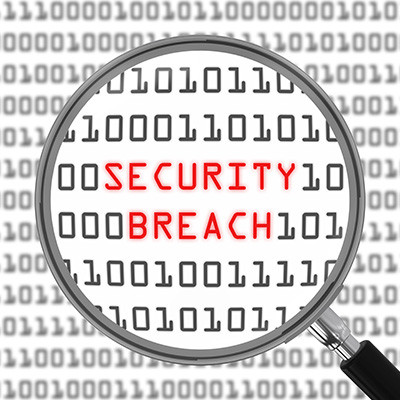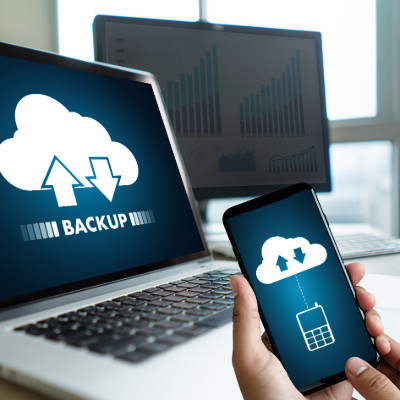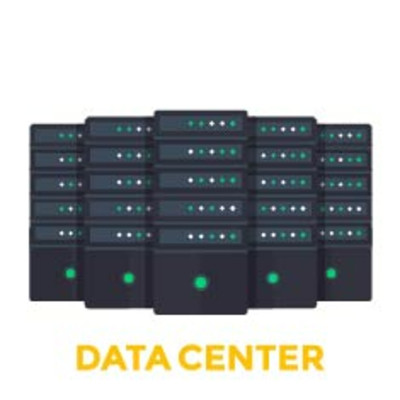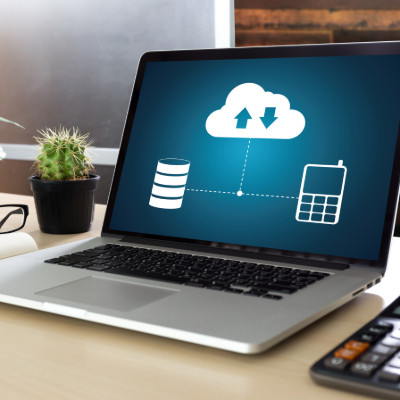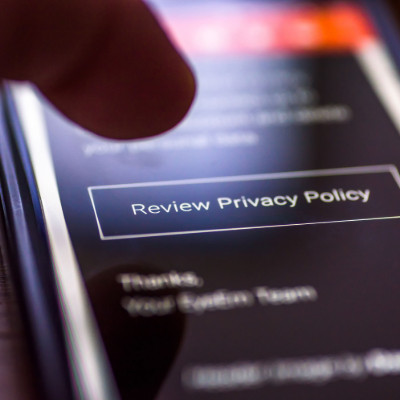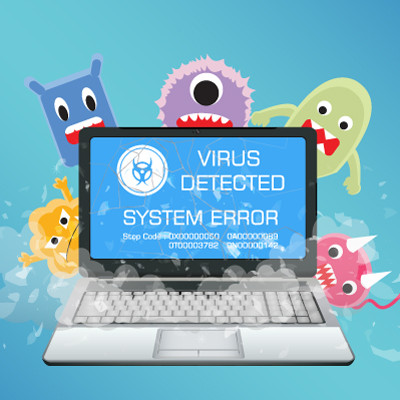Do you know which apps your employees downloaded to their work devices this morning? While it’s nice to imagine your team is sticking closely to your official tech stack, in reality, your IT infrastructure likely looks a bit more chaotic. In the world of managed IT, we call this chaos Shadow IT—the use of software, hardware, or cloud services without the approval or oversight of your IT department—and while it’s usually done with good intentions, it’s a serious problem you need to nip in the bud now.
Integrid LLC Blog
For most small businesses, the manual reporting cycle is tedious, involving numerous different websites and applications, exporting data, and then trying to consolidate it all into one single spreadsheet to determine how well (or how poorly) your business performed last quarter. It’s necessary to look at historical data like this to better run your business, but it’s not necessary to waste so much time doing it. By the time you’re done running reports and putting all the data together, you have no time or energy left to actually analyze it, and that’s a problem.
We’ve all seen the Internet represented as an iceberg in images and videos explaining the deep web. The surface web—the part you use every day—is just the tip. Below that is the Deep Web (password-protected sites), and at the very bottom is the Dark Web, a hidden layer where anonymity is the primary currency. From a business perspective, the Dark Web isn’t just a scary place; it is a thriving marketplace for your company’s stolen assets.
Clutter is a part of life, but one place you absolutely don’t want it is your business’ network. This clutter is called “digital cruft,” which 1) is an actual word, and 2) creates serious problems if you let it accumulate. Your digital cruft can lead to significant vulnerabilities that put your network at risk.
Most modern businesses are powered by their on-premise server hardware assuming that it creates a more secure environment for them. While having your data close by, where you can easily access it, sounds like a great idea, know that there are also issues that arise from these kinds of arrangements. In fact, your business might be the most dangerous place you can host your data. Here’s why.
With the new year fast approaching, it’s worth thinking about how your organization can be more future-minded. This involves considering artificial intelligence, or AI, as a means to accomplish more for your business. Of course, you also need to be careful about what data you provide AI with, as it can easily snowball out of control if you’re not careful with your approach.
How many times have you accidentally made changes to a file, only to wish that you didn’t? Maybe you accidentally overwrote an important document, or someone made unapproved edits to an important company document. In all of these cases, version control—being able to see the different iterations of a file—is critically important. Here’s why you need a solution in place that offers version control.
Data breaches are scary, and in many cases, they can be enough to topple even the most stable businesses. They’re not entirely unpredictable, though, and the right actions can make them significantly easier to predict and prevent. Today, we want to cover three of the most common ways data breaches happen and what you can do to keep your business safe.
Cyberattacks are all over the place, and they complicate running a business to no end. If your business is jonesing for a solution, consider upgrading your cybersecurity structure with zero-trust policies and procedures. Here’s how zero trust can make your business more formidable against the constant onslaught of cyberthreats.
Ransomware is still a problem for businesses of all industries and sizes, from small mom-and-pop shops to the large enterprise. If you’re unprepared for a ransomware attack, you’re looking at significant consequences, many of which affect your business beyond the budget.
Today, we’re taking a look at ransomware in the context of what it is: an existential threat to your business.
A data breach can cause countless problems for just about any business, including exposed customer details, company secrets, or financial information. Most businesses will signal a red alert the moment a breach is brought to light, but a prepared business will fare much better than an unprepared one. Today, we want to explore data breaches and how your organization can overcome them (or minimize the threat of them).
Data backup can be a bit nerve-wracking to implement, especially as a small business owner with limited knowledge of business IT solutions. One best practice we like to plug for SMBs is the 3-2-1 backup rule, which sounds more complicated than it really is. Today, we’re exploring the details of this approach and how it can change the way you think about backup and disaster recovery as a whole.
Businesses are constantly juggling customers, orders, and a dozen other things. The last thing you need is a digital thief trying to get their hands on your hard-earned money. Unfortunately, there are a lot of online tricksters out there, and they often like to pick on small businesses, thinking they're easier targets.
Let’s look at some of the common tricks these cybercriminals use and how having good computer support can be like having a trusty guard dog for your business information.
Let's talk about something that might not be the most glamorous topic, but is absolutely vital to the health and survival of your business: data backups.
Think of your business data as the lifeblood of your operations. It includes everything from customer records and financial information to crucial project files and intellectual property. Now, imagine a scenario where this lifeblood suddenly stops flowing. What would happen?
Data centers—off-site locations where you can store your business’ data—are an excellent opportunity to decentralize your data infrastructure and improve accessibility, redundancy, and security. But how do you choose a data center for your business’ needs, anyway?
Today, we’ll explore some of the more critical elements you should consider for your data center needs.
Just about all companies collect data, including many you work with. Your business too collects data from customers to aid in its operations. In terms of your own privacy, though, you should take certain measures to protect your personal data. Here are some of the ways you can combat the predatory practices of advertisers and cybercriminals alike.
Cybersecurity is a major issue for every for-profit, non-profit, and individual out there. There are near-constant threats coming at you every day, and if you don’t take this particular threat seriously, you will likely have a tough go of it if you want to use the Internet or online resources. The fact is that people absolutely need to be sure that you are doing everything you can to protect the data they give you. Let’s take a look at why just giving an apology isn’t cutting it when dealing with the protection of customer personal data.





